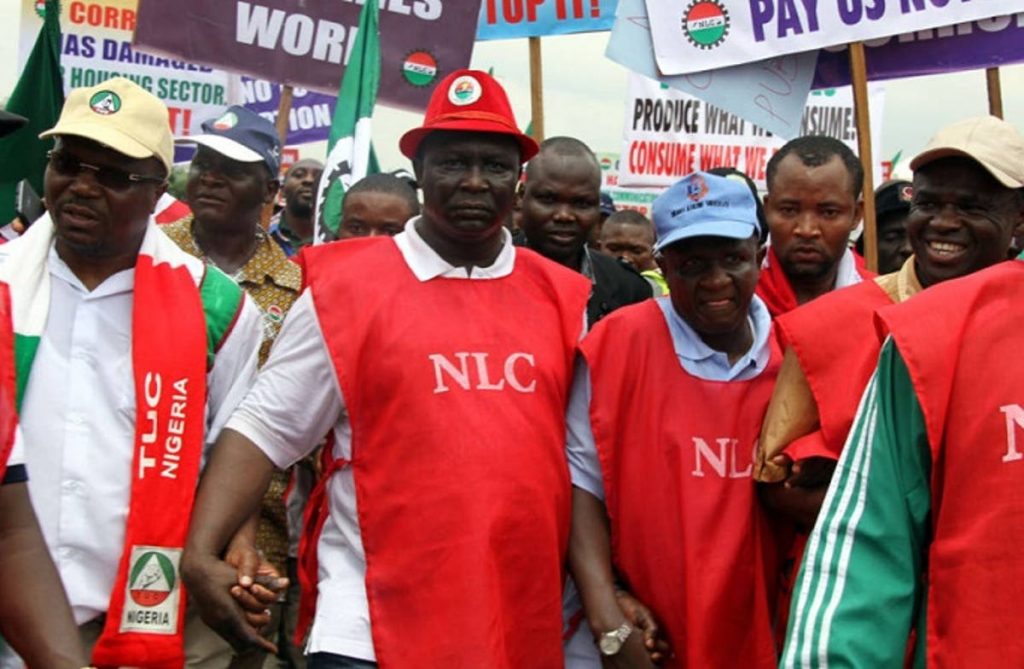Share!
The Nigerian Labour Congress (NLC) has vowed to resist the implementation of the new electricity tariff hike on the grounds that it will inflict great pain on Nigerians.
President Muhammadu Buhari week ago approved the implementation of the proposed cost-reflective energy tariff for the Nigerian Electricity Supply Industry (NESI) which took effect yesterday, September 1.
The Nigerian Electricity Regulatory Commission (NERC) had confirmed that poor and vulnerable Nigerians will not be affected by the planned increase in electricity tariff.
James Momoh, NERC Chairman, explained that unmetered customers will not experience any cost increase beyond what is chargeable to metered customers in the same area.
Momoh said tariffs for those consuming 50KW or less remain frozen. “Customers receiving less than 12 hours of supply will also not experience any change in tariffs,” he added.
But Ayuba Wabba, NLC President, stressing that the association is deeply concerned about what he called “the deaf and dumb posture of the Nigeria Electricity Regulatory Commission, NERC”, maintained that the impending upward tariff review is “dead on arrival as it will be resisted by the Nigerian working class and good spirited people”.
Wabba added that “NERC would be putting its name on the wrong side of history if it continues to play the ostrich while a group of portfolio investors make a blood meal of Nigerians”.
Calling on the regulatory agency to speak up and act in defence of the rights of the Nigerian people, the NLC president said, “…This (electricity tariff increase) move is in spite of the resolution of the Senate of the Federal Republic of Nigeria and even the direct orders of Mr. President that the plans by DISCOs to hike electricity tariff should be suspended until further notice.
“We are not aware of any order by the government or the elected representatives of the Nigerian people de-freezing the order to suspend any plans to inflict more pocket and psychological trauma on Nigerians by way of reckless and insensitive hike in electricity tariff.”
